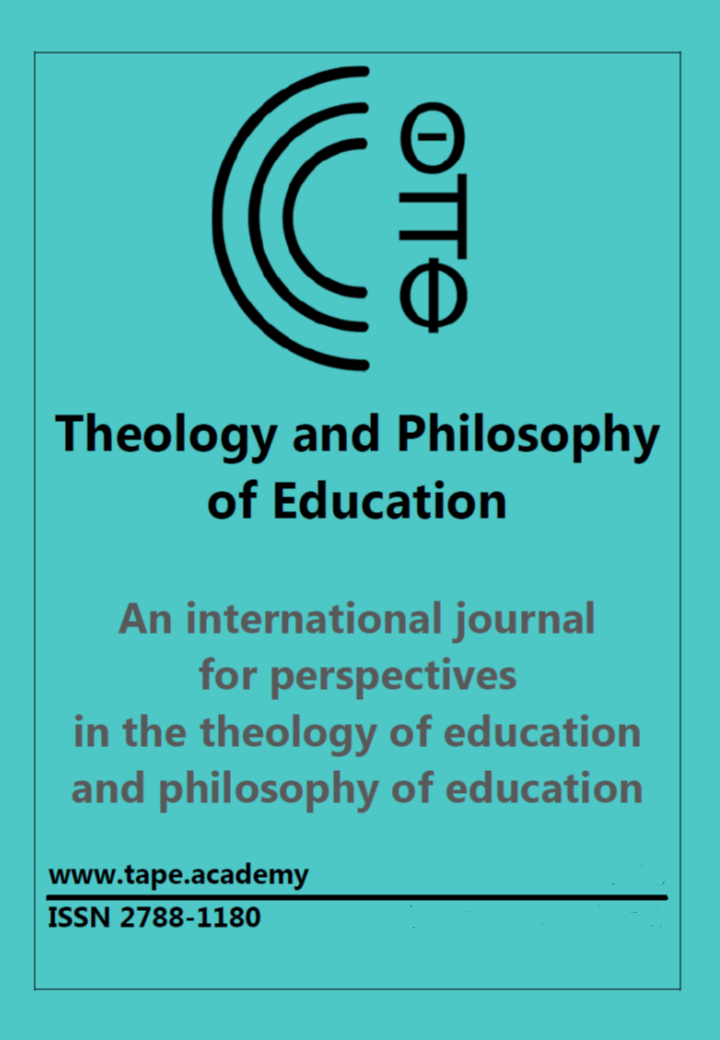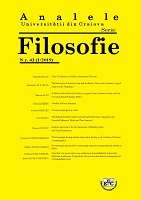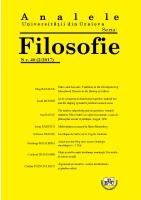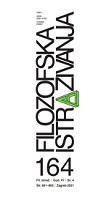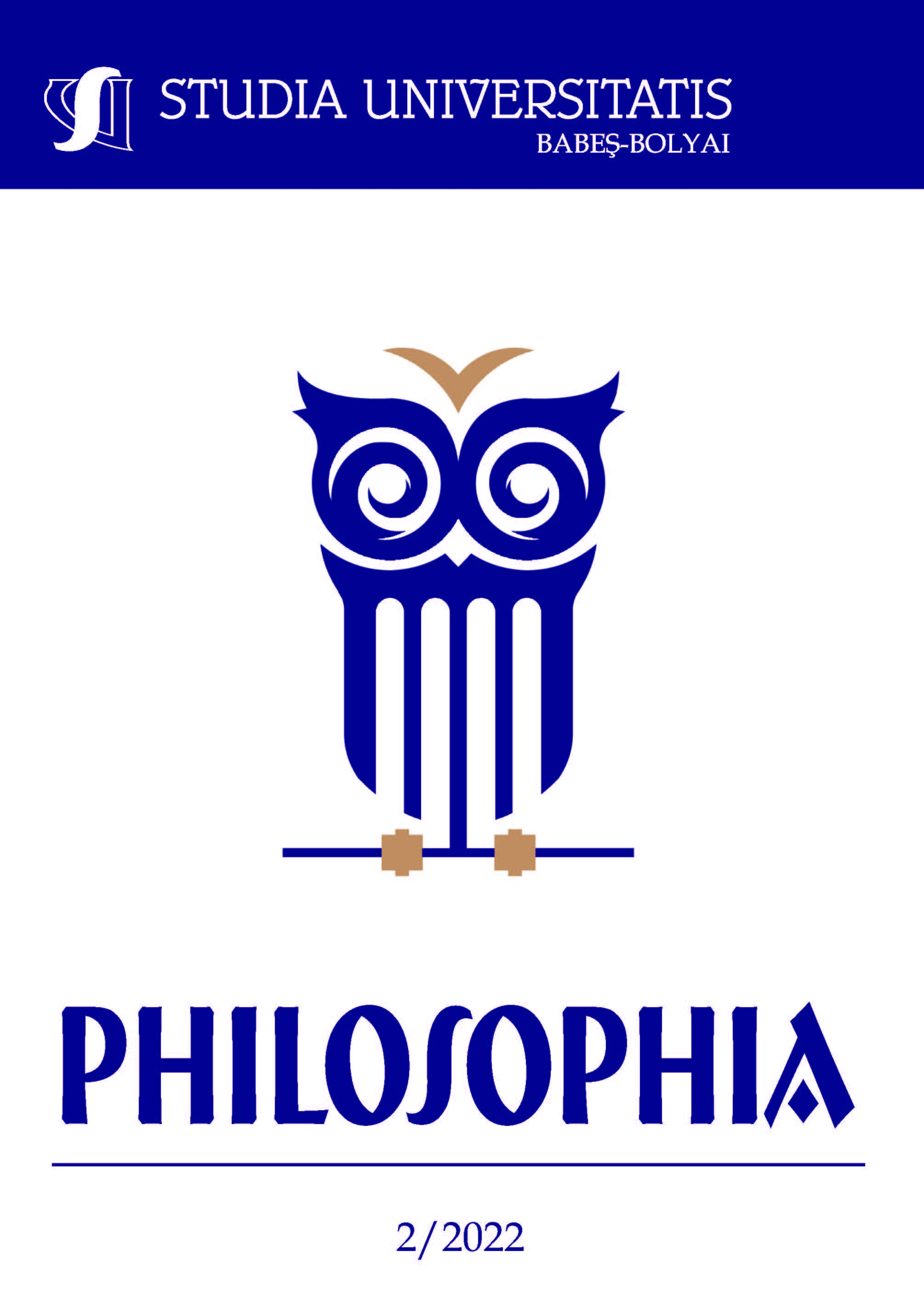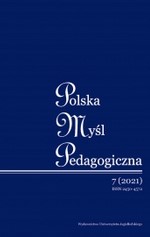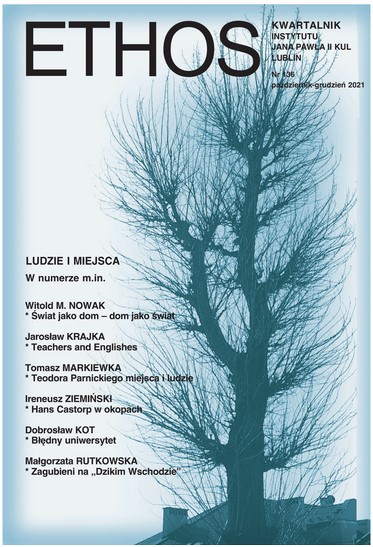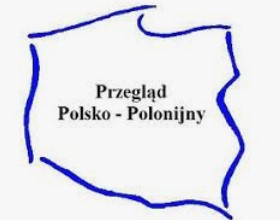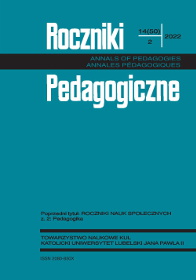Author(s): Stjepan Radić / Language(s): Croatian
Issue: 04/164/2021
Eine der grundlegenden menschlichen Bestimmungen ist die, dass der Mensch ein sich bildendes Wesen ist. Den Grund dafür findet die philosophische Tradition in seiner geistigen Seele. Für Humboldt und seine Universität beispielsweise, ist die Seele der Grund dieses Prozesses. Die zeitgenössische Bildungsphilosophie, namentlich die Pädagogik und die ihr verwandten Wissenschaften, vermeiden jedoch (völlig) die Rede über die Seele hinsichtlich der Erziehung und besonders hinsichtlich der Bildung. Dies führt bereits zur zentralen These des Artikels, welche wie folgt zusammengefasst werden kann: Bildung kann und darf nicht auf die Rezeption von Wissen und Fähigkeiten bzw. Fertigkeiten im Sinne bloßer Qualifizierung reduziert werden, sondern muss zu ihren tiefsten Grundlagen zurückkehren, welche sich gleichzeitig als grundlegende Bestimmungen bzw. Perspektiven der Bildung überhaupt darstellen: Mit der Öffnung zur Ganzheit der Welt kommt die Seele (Person) innerhalb der Bildung bei sich selbst an. Hiermit aber führt sich die Bildung nicht ausschließlich auf die theoretisch-spekulative Art der Annahme und der „Prozessierung“ des Wissens zurück oder zielt ausschließlich auf den moralisch-sittlichen Aspekt; vielmehr wird darauf verwiesen, dass der Mensch in seiner Gesamtheit und Eigenart in ihren Mittelpunkt gestellt wird. Die zentrale These des Aufsatzes wird durch vier tragende Kapitel entfaltet: Im ersten, welches zudem als Ausgangspunkt gilt, wird die griechisch-platonische Denktradition im Hinblick auf die Bildung erörtet, indem dabei die Zwei entscheidenden Begriffe, imago (Bild) und imitatio (Nachahmung), hervorgehoben werden. Im zweiten beziehen wir uns auf zwei – unserer Ansicht nach – Schlüsseltheoretiker, W. v. Humboldt und G. F. W. Hegel, die, jeder auf seine Weise, die „Seele“ der Bildung durch die Begriffe der Universalität in Form der Losreißung vom Partikularen und der Freiheit in Form der Einsamkeit oder Losreißung von der Menge beobachten. Die vorgestellten Darstellungen heben auf keinen Fall eines der wichtigen Merkmale der Bildung auf, die Ausbildung, die im dritten Kapitel erörtert wird, wobei man zur Kenntnis geben möchte, dass sie, wenn sie authentisch sein soll, auch die „Ankunft der Seele bei sich selbst“ berücksichtigen muss. Die abschließenden Ausführungen im vierten Kapitel schildern die Situation derzeitiger Bildung, beispielsweise das Abgleiten in den Funktionalismus und in die reine Praxis sowie das Ausbleiben jeglicher Idee davon, was im Endeffekt die Folge der „Vertreibung des Geistes aus der Bildung“ ist (K. P. Liessmann).
More...
